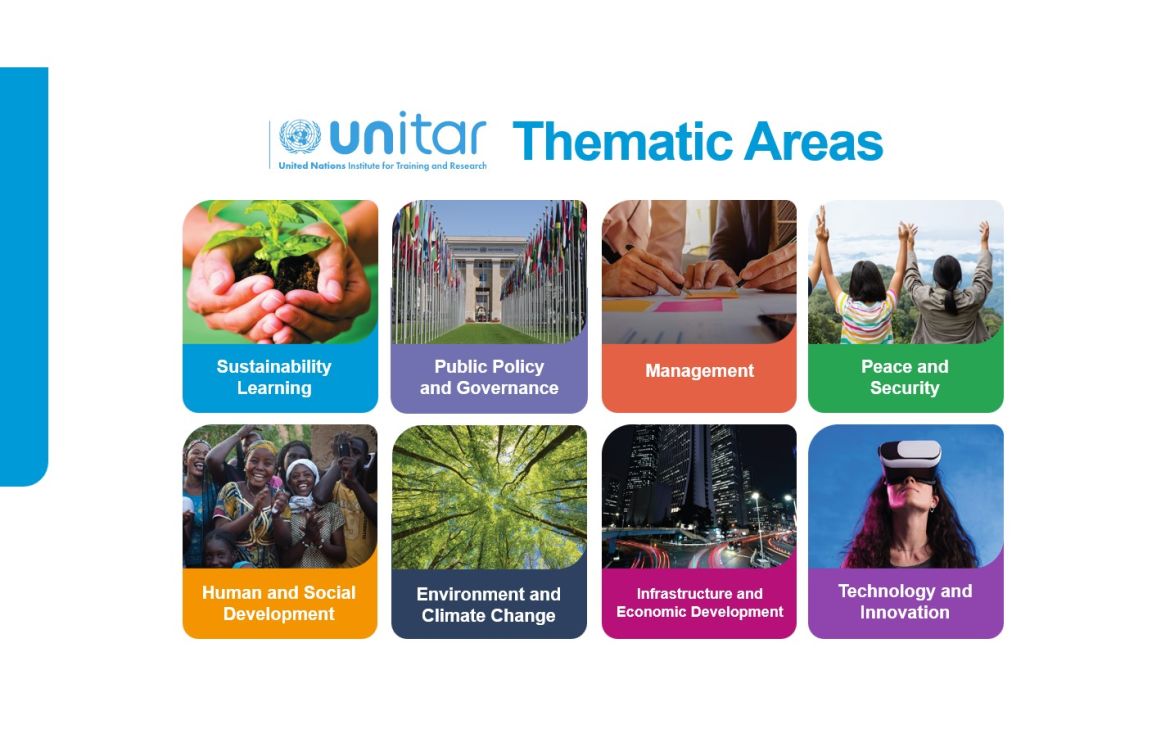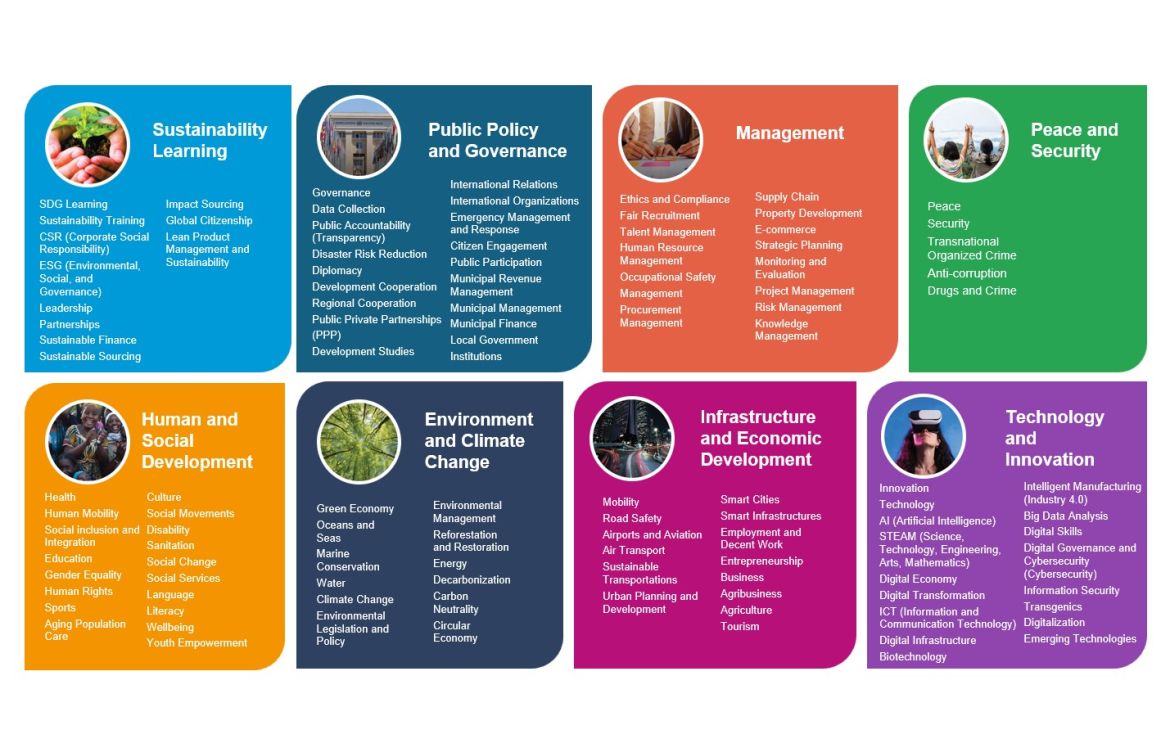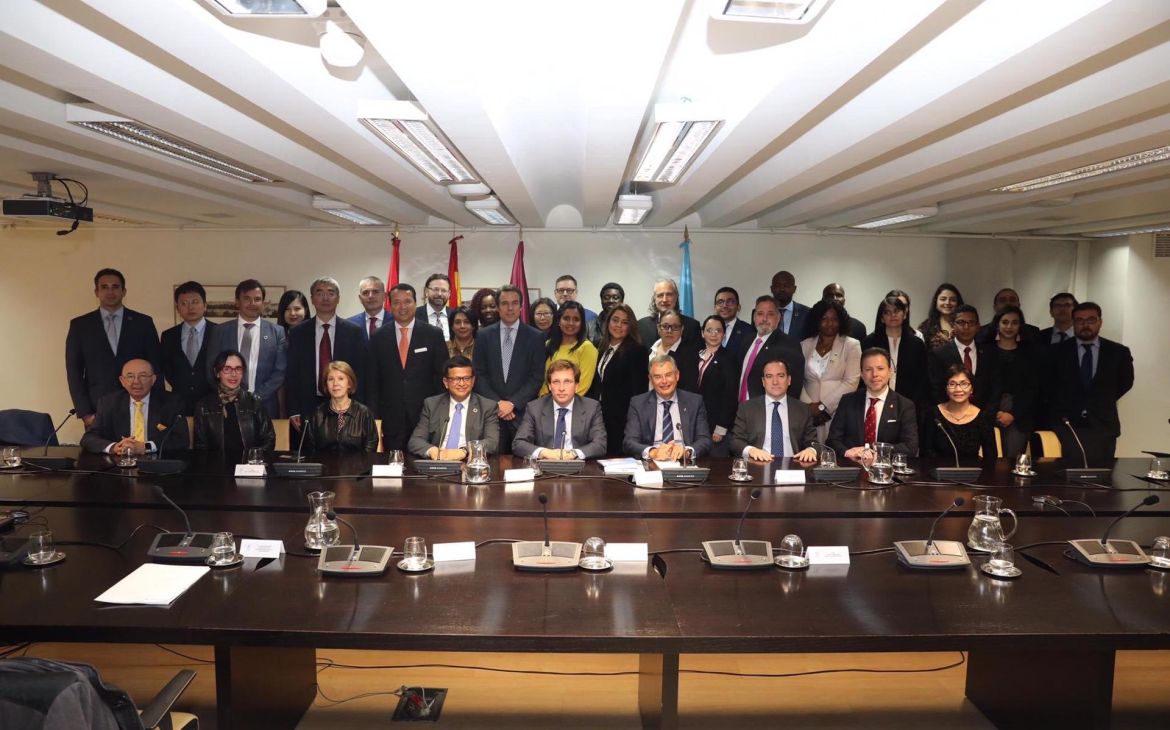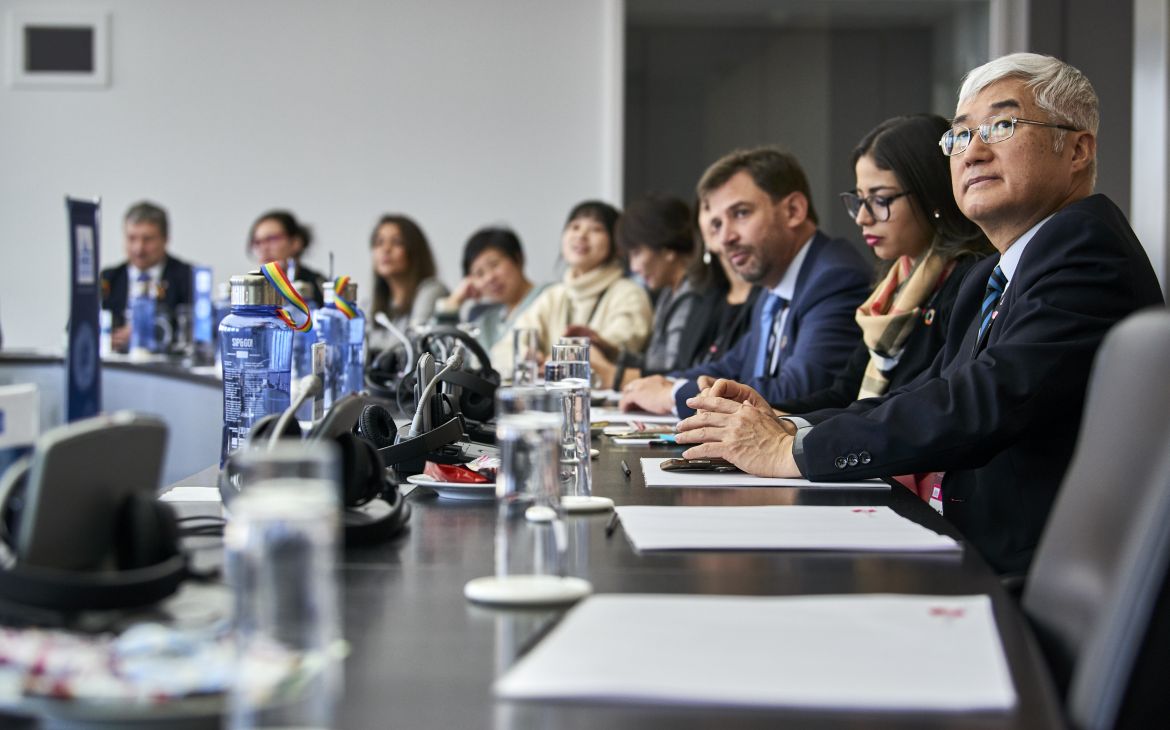The CIFAL Global Network’s mission is to strengthen the capacities of government officials and civil society leaders, thus empowering them to advance sustainable development.
WARNING:
Scammers may misuse the names and logos of the United Nations, UNITAR, or the CIFAL Global Network to commit fraud. UNITAR does not charge for international events, collaborate with other UN funds, or request payments for grants. Verify any event's legitimacy before sharing personal information. Report suspicious activity or fraudulent requests to cifalnetwork@unitar.org. Authorities have been informed.
Please be aware of fraudulent emails and domains (e.g., cifal-training.org) falsely claiming affiliation with the United Nations Trust Fund for Human Security (UNTFHS). UNITAR, the CIFAL Global Network (CGN), and its Centres do not charge any fees for programmes related to grant management or this so-called “trust fund.” Scammers have recently used the names Susan Tolmay and Lee Yung in such communications. These individuals are not affiliated with UNITAR or CIFAL.
"[The CIFAL Network] meets a crucial need to reinforce capacities and exchange good practices among local authorities, the private sector and the United Nations”. United Nations Secretary-General Ban Ki-moon, Remarks to the UNITAR/CIFAL Network Steering Committee, Atlanta, USA, 8 May 2008
CIFAL stands for "Centre International de Formation des Autorités et Leaders" (in French), and "Centro Internacional de Formación para Autoridades y Líderes" (in Spanish).
The CIFAL Global Network is composed of 31 International Training Centres for Authorities and Leaders, all coordinated by UNITAR’s Division for People. The strategic locations of the 31 centres, which can be found across Asia, Oceania, Africa, Europe, the Americas, and the Caribbean ensure a global outreach. Each CIFAL centre provides innovative training and serves as a hub for the exchange of knowledge amongst government officials, the private sector, and civil society.
The central purpose of the CIFAL training programs is to develop and strengthen human capacities to better respond to development challenges and to facilitate City-to-City (C2C) partnerships. The CIFAL alliance provides a platform for dialogue and knowledge transfer on key development-related issues. Through knowledge management methodologies, CIFALs provide networking opportunities that lead to collaboration, facilitation of peer-to-peer learning, and exchange of best practices.
CIFAL Centres
For more information about each of the CIFAL centres visit the dedicated pages for the affiliated individual centres. There may be one near you!
For more information on the portfolio of activities offered by the CIFAL Global Network, please download the Training Catalogue 2025 below.
Thematic Areas
The CIFAL Global Network recognizes that there is a crucial need for capacity development in order to address the challenges communities worldwide are currently facing.
The training sessions and activities of the CIFAL centres focus on four major thematic areas:
The CIFAL Approach
The central purpose of the CIFAL training programs is to develop and strengthen human capacities to better respond to development challenges and to facilitate City-to-City (C2C) partnerships. The CIFAL alliance provides a platform for dialogue and knowledge transfer on key development-related issues. Through knowledge management methodologies, CIFALs provide networking opportunities that lead to collaboration, facilitation of peer-to-peer learning and exchange of best practices.
The CIFAL network was launched in 2003 and since its inception has had a significant impact on reaching beneficiaries worldwide. Just in 2024, the network reached 153,116 beneficiaries through 407 events.
Target Audience
The primary beneficiaries of CIFAL programmes are government officials from developing countries committed to adopting strategic approaches to development. Beneficiaries include:
- Public officials from national, sub-national and local governments
- Academics
- Non-governmental organizations (NGOs)
- Community-based organizations (CBOs)
- Private sector representatives
- International organizations
Social Media
Follow the CIFAL Global Network on:
- Twitter: https://twitter.com/CifalGlobal
- Instagram: https://www.instagram.com/cifalglobal/
- Facebook: https://www.facebook.com/CIFALGlobal
- Linkedin: https://www.linkedin.com/company/71534038







